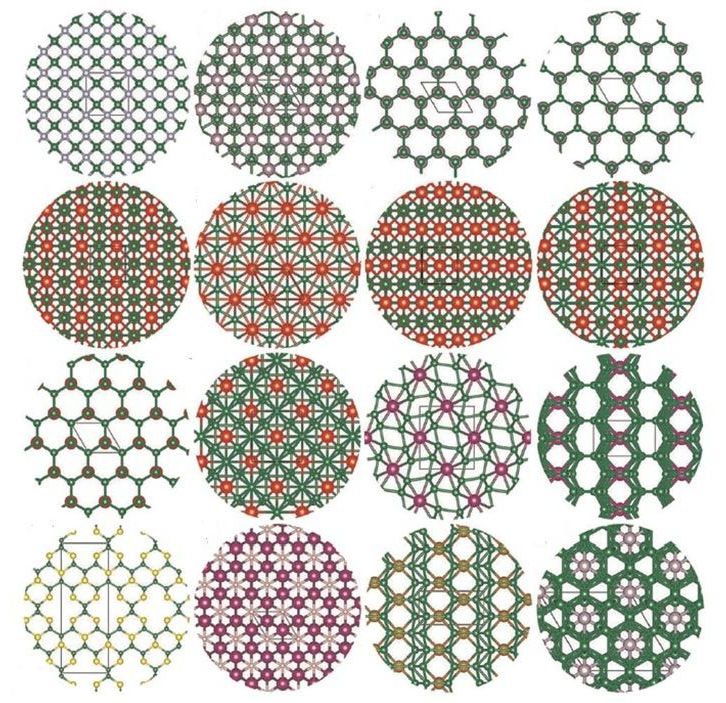Skoltech researchers have offered a solution to the problem of searching for materials with required properties among all possible combinations of chemical elements. These combinations are virtually endless, and each has an infinite multitude of possible crystal structures; it is not feasible to test them all and choose the best option (for instance, the hardest compound) either in an experiment or in silico. The computational method developed by Skoltech professor Artem R. Oganov and his PhD student Zahed Allahyari solves this major problem of theoretical materials science. Oganov and Allahyari presented their method in the MendS code (stands for Mendelevian Search) and tested it on superhard and magnetic materials.
“In 2006, we developed an algorithm that can predict the crystal structure of a given fixed combination of chemical elements. Then we increased its predictive powers by teaching it to work without a specific combination — so one calculation would give you all stable compounds of given elements and their respective crystal structures. The new method tackles a much more ambitious task: here, we pick neither a precise compound nor even specific chemical elements — rather, we search through all possible combinations of all chemical elements, taking into account all possible crystal structures, and find those that have the needed properties (e.g., highest hardness or highest magnetization)” says Artem Oganov, Skoltech and MIPT professor, Fellow of the Royal Society of Chemistry and a member of Academia Europaea.
The researchers first figured out that it was possible to build an abstract chemical space so that compounds that would be close to each other in this space would have similar properties. Thus, all materials with peculiar properties (for example, superhard materials) will be clustered in certain areas, and evolutionary algorithms will be particularly effective for finding the best material. The Mendelevian Search algorithm runs through a double evolutionary search: for each point in the chemical space, it looks for the best crystal structure, and at the same time these found compounds compete against each other, mate and mutate in a natural selection of the best one.





